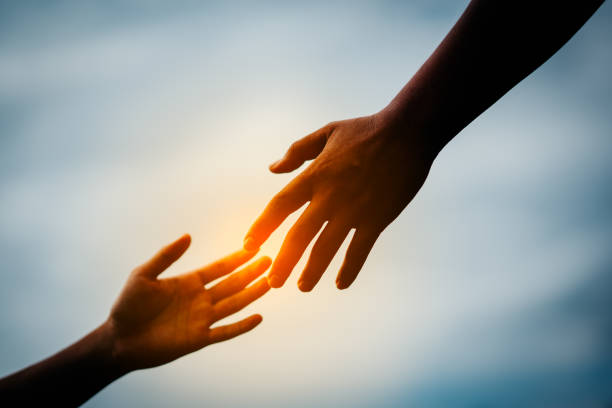Helping Your Child Cope with COVID-19
Support for Creating Daily Schedules
How to Build at Home Structures--Click here to access Building Structure at Home
How to Make a New Home Routine-Click here to access Home Routine
Sample Daily Schedule for Students with Attention Challenges-Click here to access Attention Challenges & Daily Schedule
Daily Activities--Click here to access Daily Activities
Sample Daily Schedule-Click here to access Sample Schedule
Find apps and games that kids can use electronically. You can search for apps and games based on what area of thinking you want them to work on and the student's age level- Click here to visit Apps & Game Search Link
Kid-Friendly Corona Virus Information Video (click this link to watch a video that explains the Coronavirus and social distancing in a kid-friendly way)
As the coronavirus (COVID-19) continues to spread and significantly impact our community, many parents wonder how to talk to their children about it. Here are some tips:
Answer questions truthfully but don’t go into unnecessary detail.
Keep your explanation age-appropriate; provide more details for older children. Stick to the facts: the coronavirus is an illness like a cold or the flu that is thought to spread through close contact with affected people and through sneezes and coughs of infected people. Most people who get it, especially children, have mild symptoms, like a cold. To avoid more people getting sick, especially those who can get seriously ill like the elderly, we need to stay at home more and we need to cancel school for a little while.
Limit watching the news when your children are around.
Try to avoid watching or listening to things that might upset your children or cause anxiety. Be aware that information that is intended for adults, such as stories on the news, maybe upsetting to children.
Reassure your children.
Listen to their concerns or worries, acknowledge them, and then reassure them that the adults at home, at school, and in the community are there to keep them safe (i.e. “I know it can be scary and you feel worried. Our family is healthy and adults are working hard to keep you safe.”)
Be aware of your own reactions.
Stay calm. Children often look to the adults in their lives on how to react to stressful events. Your own reactions will guide your children on how they should react.
Teach and practice good hygiene.
Tell your children there are things they can do to keep themselves healthy. Wash hands frequently for 20-seconds with soap. Avoid touching your face. Cover your cough with your elbow or tissues. Stay home when you are sick. Practice healthy habits like eating fruits and vegetables and drinking lots of water. Get physical activity. Get a good night’s sleep.
References:
Dr. Song, Elisa. “Coronavirus (COVID-19): What a Pediatrician Wants You to Know.” 2020, February 27. Click here to visit article
Centers for Disease Control and Prevention. “Coronavirus Disease 2019 (COVID-19)”: Click here to access
National Association of School Psychologists. “Talking to Children About COVID-19 (Coronavirus): A Parent Resource.” 2020. Click here to access
Centers for Disease Control and Prevention. “Helping Children Cope with Emergencies.” 2019, October 11. Click here to visit

